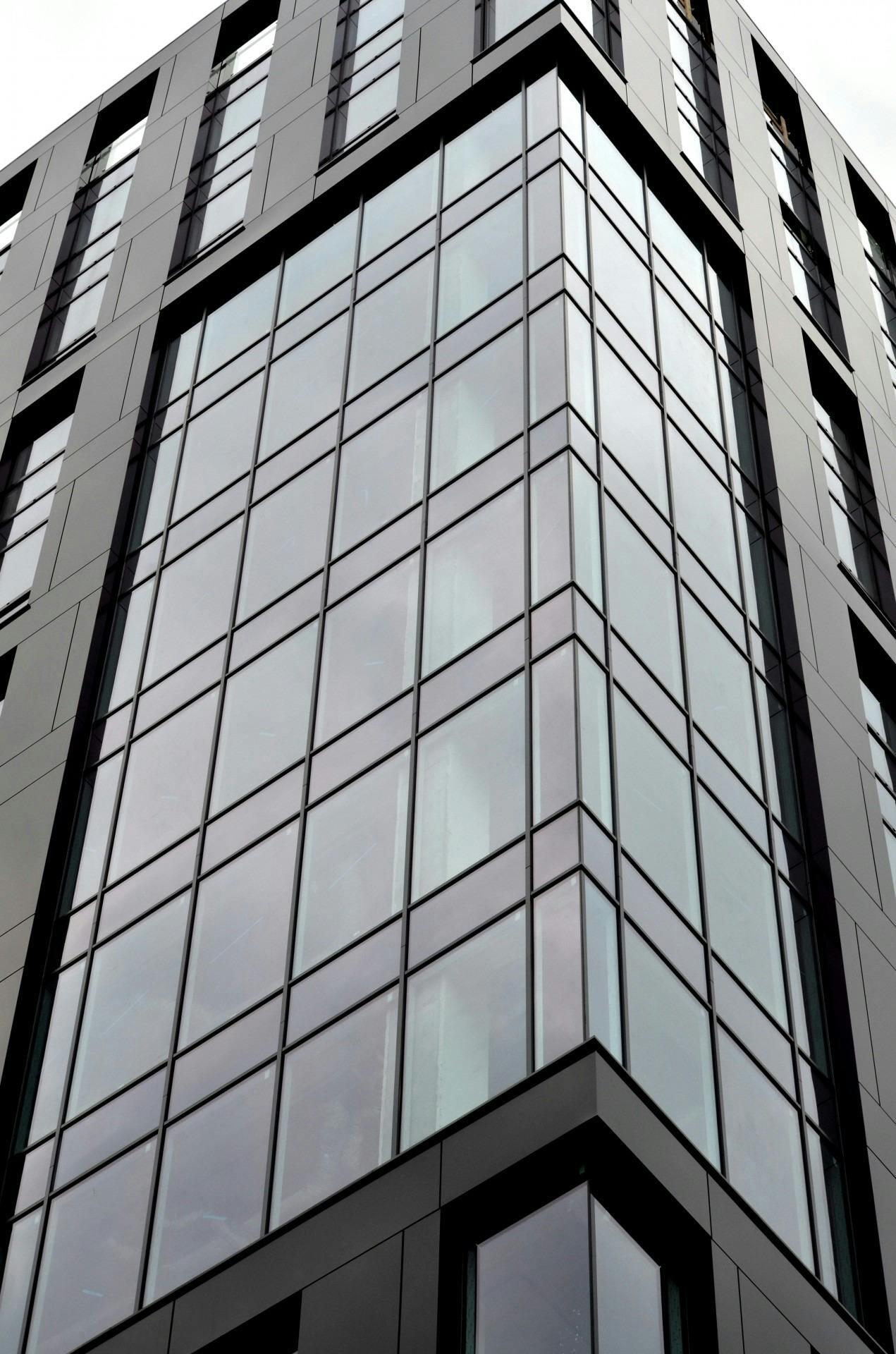It's a crisp Monday morning, and you arrive at your commercial property, a bustling office building in the heart of downtown. The sun is shining, your tenants are starting their day with fresh coffee in hand, and the air buzzes with the energy of productivity.
Suddenly, you hear a faint, ominous drip coming from the ceiling. Your heart skips a beat as you imagine the potential chaos a leaky roof could unleash. With a swift call to your trusty maintenance team, you avert disaster, but the incident serves as a stark reminder: keeping a commercial property in top shape requires constant vigilance and proactive maintenance.
We've got the 411. Let's go through the info on maintenance and repairs you need for your commercial properties.
Do Inspections
Regular inspections are important parts of effective commercial property maintenance. They help identify potential issues before they grow. And, they ensure the property remains in optimal condition.
Once a year, a detailed inspection should be conducted to evaluate the overall structural integrity and performance of the building. This involves a thorough assessment of the roof, foundation, electrical systems, and safety equipment.
Annual inspections should also include testing fire alarms, sprinkler systems, and other emergency equipment to ensure they are in working order and functioning under safety regulations.
By investing in a comprehensive annual inspection, property managers can identify and plan for major repairs or replacements, such as a roof replacement or HVAC system upgrade, ensuring the property remains safe and efficient for tenants.
Hire Property Management Help
Property managers bring lots of expertise, resources, and time-saving solutions that benefit both property owners and tenants.
These experts have extensive experience in handling a wide range of maintenance and repair issues. Their expertise ensures all aspects of property care, from routine maintenance to emergency repairs, are managed efficiently and effectively.
Property managers are well-versed in local building codes, safety regulations, and industry best practices, which helps in maintaining compliance and avoiding legal complications.
Managing a commercial property can take up a lot of time, particularly for owners who may have other business responsibilities. Property managers take on the day-to-day maintenance tasks, freeing up the owner's time to focus on other priorities.
Preventative Maintenance
Preventive maintenance is super important for keeping commercial properties in top shape.
Regular commercial maintenance tasks such as cleaning, lubricating, and adjusting equipment help prolong the life of critical building systems. For example, HVAC systems require periodic filter changes, duct cleanings, and professional tune-ups to operate efficiently.
By maintaining these systems, property owners can avoid premature replacements and extend the useful life of their investments, resulting in substantial cost savings over time.
Regular maintenance of building systems contributes to improved energy efficiency. This is helpful when you're working to lower operational costs. For example, keeping HVAC systems clean and well-maintained ensures they run more efficiently, which consumes less energy.
Maintenance and Repairs: Use These Property Management Best Practices Today
With this guide to maintenance and repairs, your commercial property will be in top shape in no time.
Are you looking to learn more about property maintenance tips in San Francisco? PMI San Francisco's franchise has been around for more than two decades, so we have tons of advice to share with you.
Contact us today.


